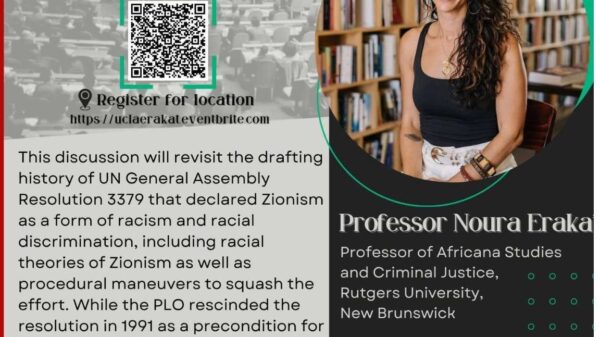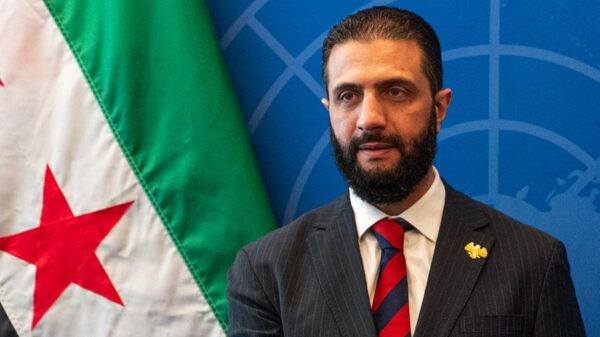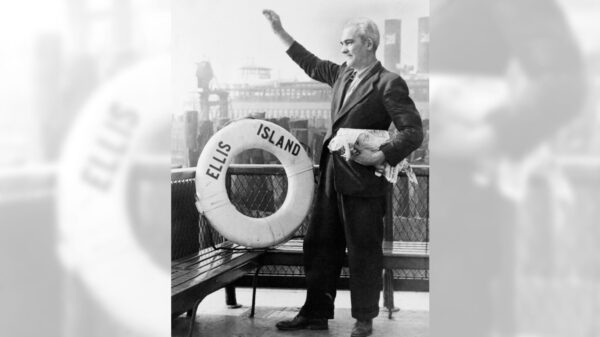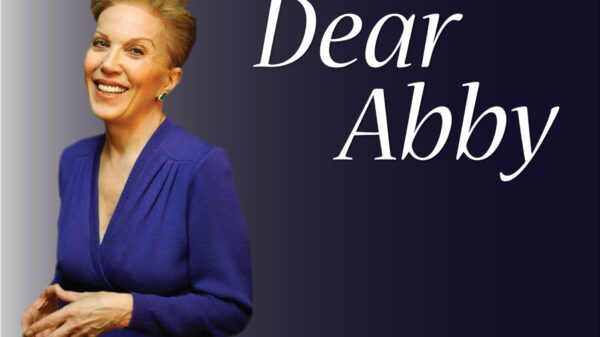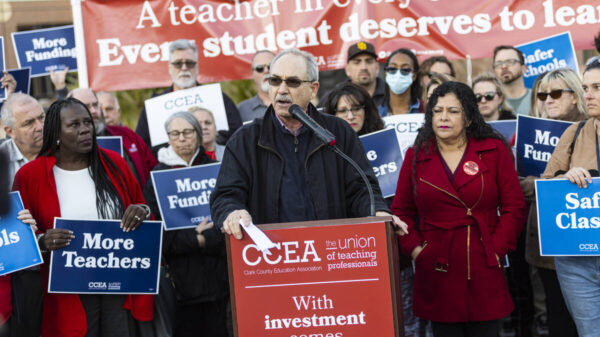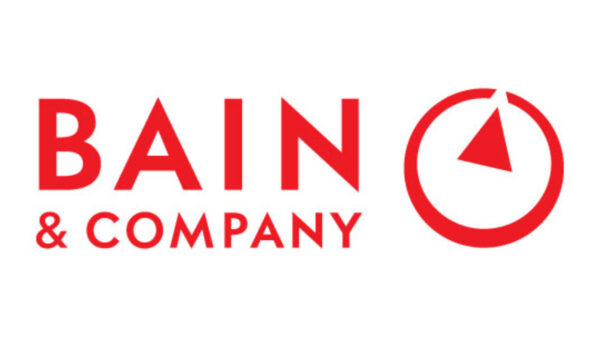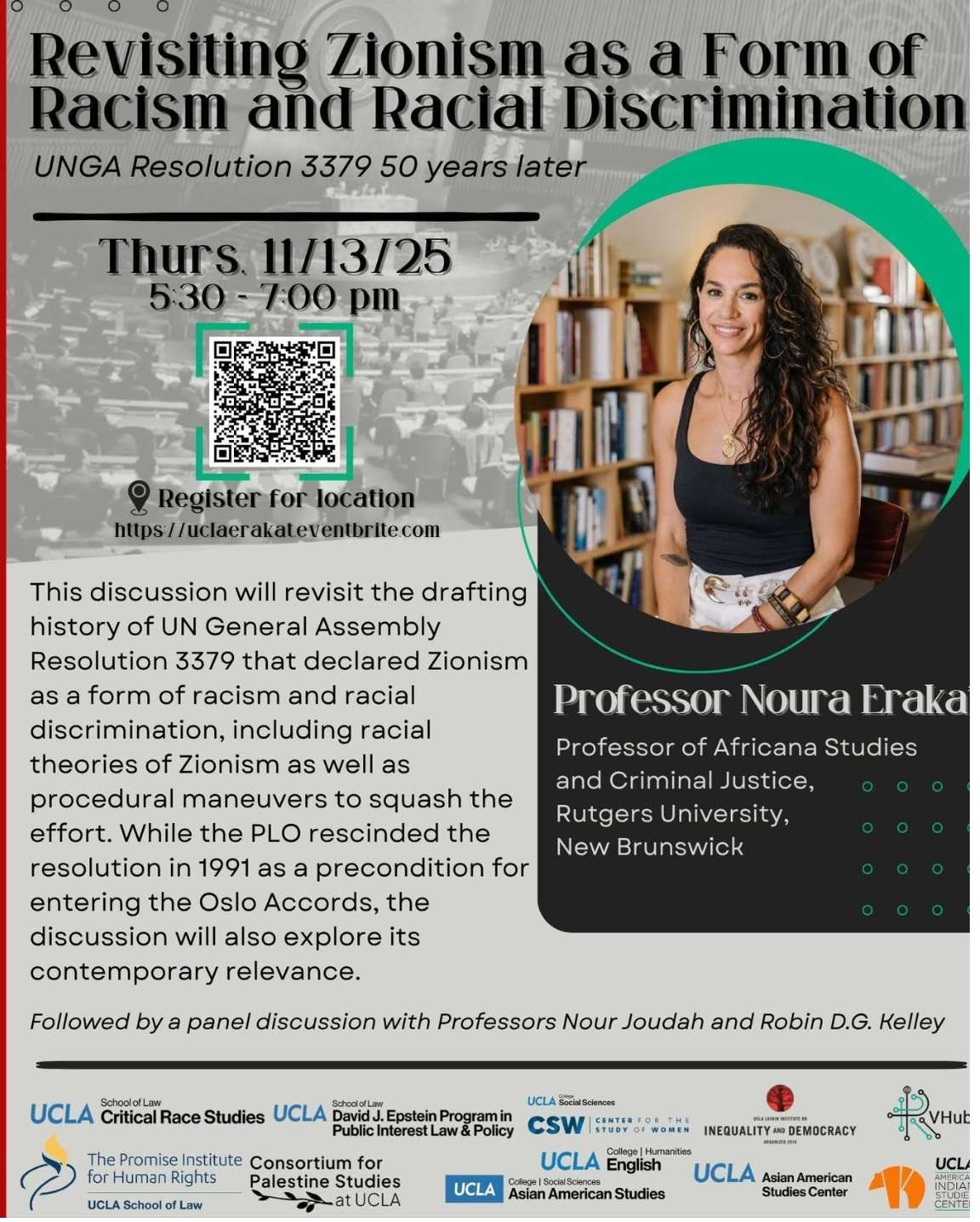A planned talk at the University of California, Los Angeles (UCLA) by Rutgers University professor Noura Erakat has sparked significant controversy. Titled “Revisiting Zionism as a Form of Racism and Racial Discrimination,” the event has raised concerns regarding institutional antisemitism, especially within UCLA’s law school and affiliated departments.
Critics argue that the event is less about fostering academic debate and more about promoting a specific ideological viewpoint. The sponsors of the talk include various UCLA departments, such as the David J. Epstein Program in Public Interest Law and the Asian American Studies Department. Detractors assert that this suggests a troubling alignment with Erakat’s perspective, which they label as antisemitic propaganda.
The controversy echoes historical antisemitic narratives, likening the discussion to the blood libels of the past, which falsely accused Jews of horrific acts. Detractors emphasize that while Erakat has the right to express her views, the involvement of academic departments raises ethical questions about the appropriateness of their participation in politically charged events.
University policy generally maintains that academic departments should remain ideologically neutral. According to legal scholars David L. Bernstein and others, departments within universities should avoid taking positions on political issues, as their actions reflect the institution as a whole. They argue that university administrators have the responsibility to prevent departments from using university resources to support events that primarily serve political purposes rather than academic inquiry.
The situation also draws comparisons to actions taken by other institutions. For instance, Susan Wente, President of Wake Forest University, recently intervened to cancel a lecture by Rabab Abdulhadi, a faculty member whose previous comments had drawn criticism for promoting extremist views. Such examples raise questions about the balance universities must strike between free speech and the potential harm of certain viewpoints.
UCLA’s involvement in this event is particularly sensitive given its current federal investigation related to allegations of fostering an antisemitic environment on campus. The university has faced scrutiny for its handling of issues surrounding anti-Zionism and antisemitism, with many urging greater accountability and vigilance.
In addition to the Epstein program, Erakat’s talk is also supported by UCLA’s Critical Race Theory program and the Promise Institute for Human Rights. Critics point out an inconsistency in these departments’ sponsorship, particularly when considering their focus on human rights and racial justice without apparent acknowledgment of the rights of Jewish people.
As this discourse unfolds, university officials, including UCLA Law School Dean Michael Waterstone, face mounting pressure to address these concerns. The university community is grappling with the implications of allowing such discussions under the guise of academic freedom while ensuring a respectful and inclusive environment for all students.
The debate surrounding Erakat’s talk highlights broader tensions within academia regarding the limits of free expression, the role of educational institutions in political discourse, and the ongoing challenges of addressing complex issues of identity and rights. As universities navigate these waters, the stakes remain high for all involved, with potential implications for academic integrity and campus climate.











